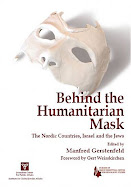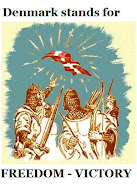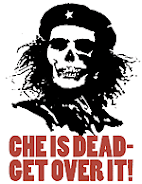Some background. Pristina - Kosovo holds parliamentary and local elections, both for the third time since NATO ended a bloody conflict by ousting Serbian security forces and a UN administration took over in 1999. The Albanians eagerly hope to finally gain independence from Belgrade, but the recognition of the province as the world's newest state remained elusive despite expectations. Apart from bordering Albania proper, Kosovo straddles three countries with sizeable Albanian minorities - Montenegro, Macedonia and Serbia. In the latter two, Kosovo's unresolved status and porous borders have helped foment insurgencies over the past eight years. [...] Kosovo facts: Size - 10,908 square kilometres (quarter-size of Denmark) Neighbours - Serbia, Macedonia, Montenegro, Albania Population - 2.1 million (estimate) Major cities - Pristina (capital), Prizren, Pec, Kosovska Mitrovica, Gnjilan, Urosevac, Djakovica Ethnic groups - Albanians (92 per cent), Serbs (5.3 per cent), Bosniaks, Turks, Roma (2.7 per cent) Age - 0-14 years 33 per cent, 15-64 61 per cent, 65+ 6 per cent Birth rate - higher than 2.5 per cent, highest in Europe Economy - estimated GDP growth 3-4 per cent, per capita GDP estimated at 1,500 dollars; Roughly one-fifth of the two 2-billion-euro (3 billion dollars) GDP is generated by foreign aid, 45 per cent of revenues in Kosovo is made up of remittance from diaspora and UN programmes. Unemployment - 30-50 per cent, by various estimates Main economic sectors - wood and metal industry The Kosovo peacekeeping force, led by NATO: 15,000 troops [2007], down from more than 50,000 in 1999.
Sunday, April 13, 2008
Kosovo: Europe's highest birth rate, smallest GDP
Posted by
Rolf Krake
at
Sunday, April 13, 2008
![]()
Subscribe to:
Post Comments (Atom)
































No comments:
Post a Comment